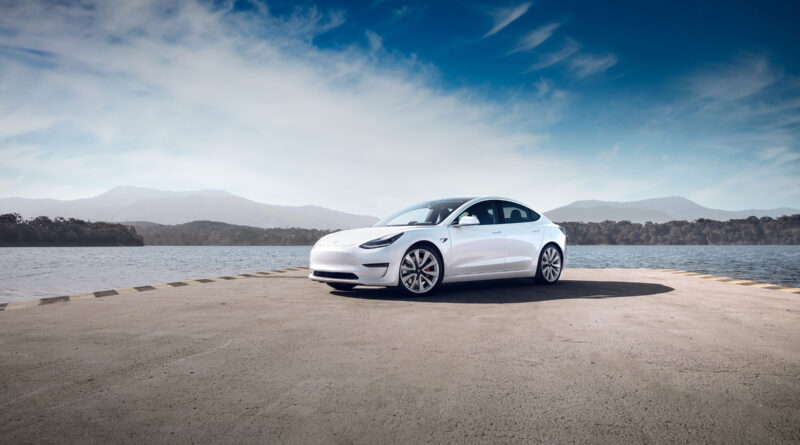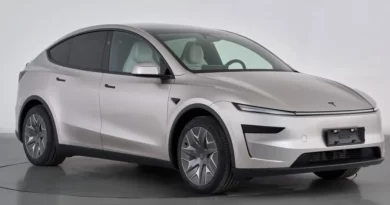Tesla battery boost: Elon Musk flags major increase in density
Tesla boss Elon Musk has flagged a major increase in battery density in the lead-up to the brand’s much-hyped Battery Day event, with the potential breakthrough seen as critical in unlocking unprecedented driving distances between charges.
Like most Tesla announcements, this one came via a Tweet from Musk himself, with the company boss writing: “400 Wh/kg *with* high cycle life, produced in volume (not just a lab) is not far. Probably 3 to 4 years.”
Panasonic provides the batteries for Tesla vehicles, with its most recent product, the 2170 lithium-ion cells found in the Model 3 – named for the size of the cells, which are 21×70 millimetres – said to offer a density of 260 watt-hours per kilogram.
Want the latest EV news delivered to your inbox? Subscribe to our newsletter!
That would make a 400 watt-hour per kilogram density an increase of around 54 percent.
It’s worth noting that Musk’s claim far out-shoots Panasonic’s own target of a 20 per cent increase in battery density in the next five years. Battery density refers to how much energy a battery can hold.
While Musk’s Tweet looks to the future, Tesla is also expected to announce significant battery improvements at the brand’s Battery Day event on September 22.
That event is still shrouded in mystery, but pundits have speculated Tesla could announce a commercial application of silicon nanowire anode technology.
For a description on how the technology works, we turn to Ampirus, one of the companies working on nanotechnology in batteries: “Developed on a patented technology platform that includes a 100 percent silicon nanowire anode, batteries provide significantly more energy and power with less weight and volume than any other lithium-ion battery technology.”




